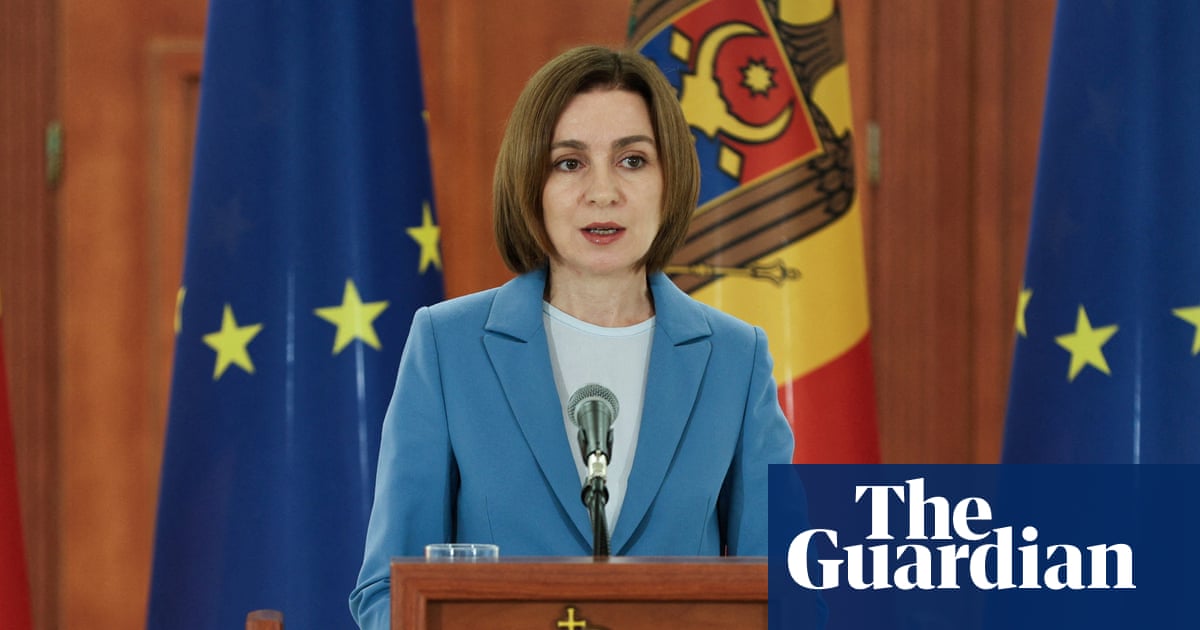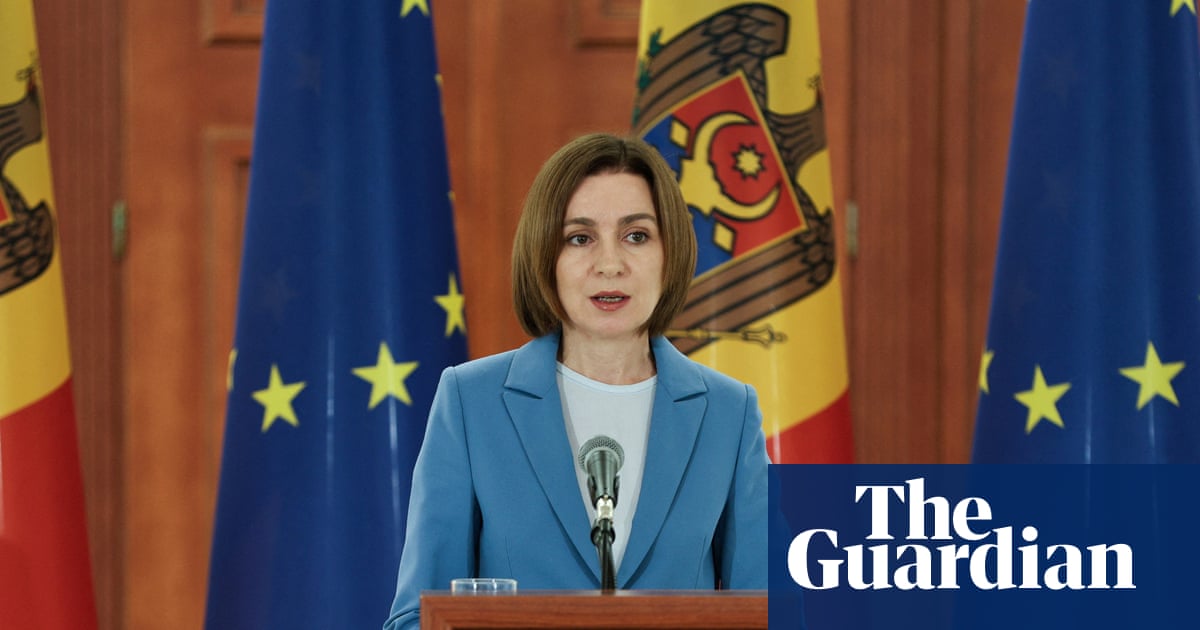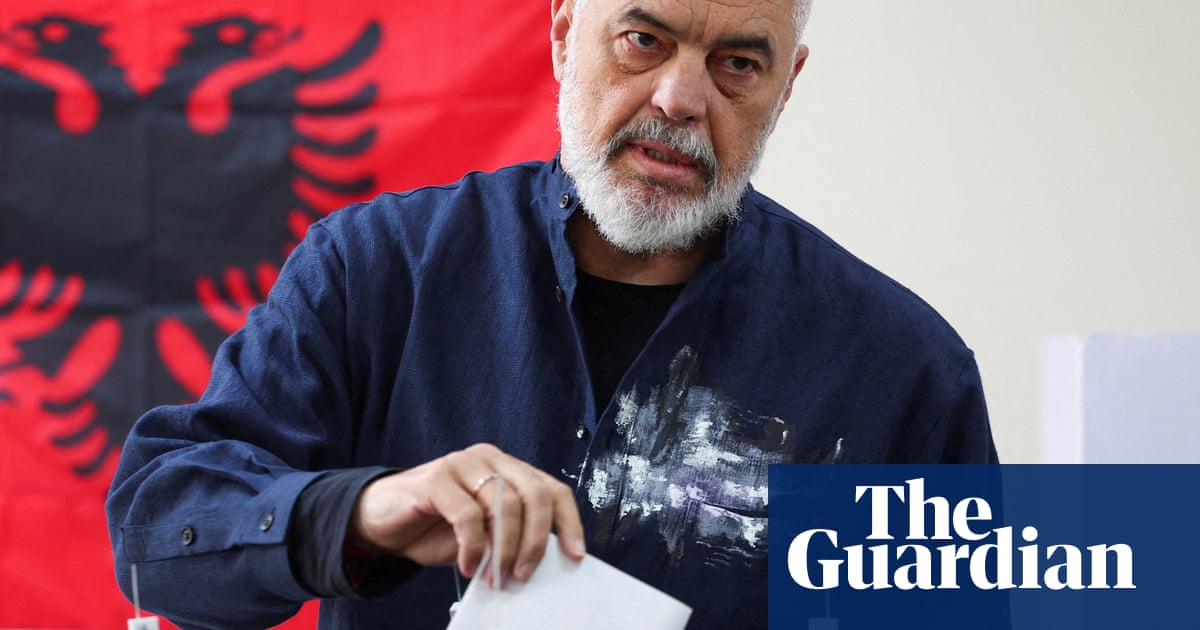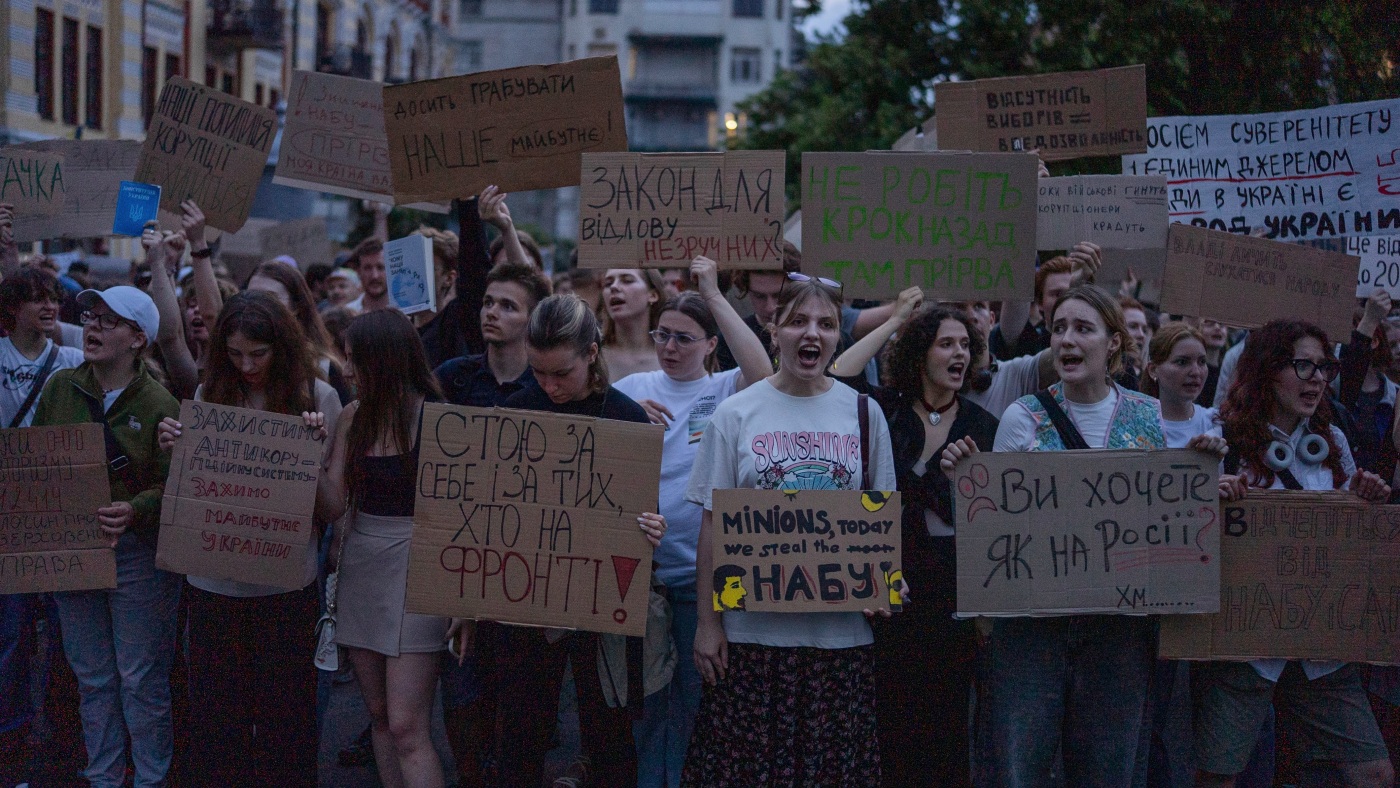#eu-accession
#eu-accession
[ follow ]
#ukraine #corruption #moldova #russian-interference #maia-sandu #georgia #elections #albania #protests #hungary
fromRadioFreeEurope/RadioLiberty
2 months agoKosovo Plunged Into Turmoil As Lawmakers Reject New Kurti Government
Acting Prime Minister Albin Kurti failed to secure enough support in Kosovo's parliament to form a new government, plunging the country further into political chaos and bringing it closer to its second elections this year. Only 56 parliamentary deputies voted in favor of Kurti's proposed administration on October 26, five short of the number needed for approval. Fifty-two voted against the government and four abstained.
Miscellaneous
fromwww.dw.com
2 months agoNorth Macedonia votes: EU stalemate overshadows local issues DW 10/17/2025
Although the elections are meant to focus on municipal issues, the campaign has been dominated by national questions: identity, minority rights, and the stalled EU accession process. In the capital, Skopje, pressing local challenges remain unresolved. The city of about 520,000 people still lacks a wastewater treatment plant and has no public transport alternatives to buses. The next mayor will also need to adopt a long-delayed "General Urban Plan for 20222032" and oversee preparations for "Skopje European Capital of Culture 2028."
Miscellaneous
fromRadioFreeEurope/RadioLiberty
5 months agoIon Iliescu, Romania's First Postcommunist Leader, Dies At 95
Iliescu was one of the most controversial politicians in the period of democracy that followed the December 1989 overthrow of long-standing dictator Nicolae Ceausescu. He had been a government minister before being sidelined by Ceausescu in the early 1970s.
Miscellaneous
[ Load more ]













